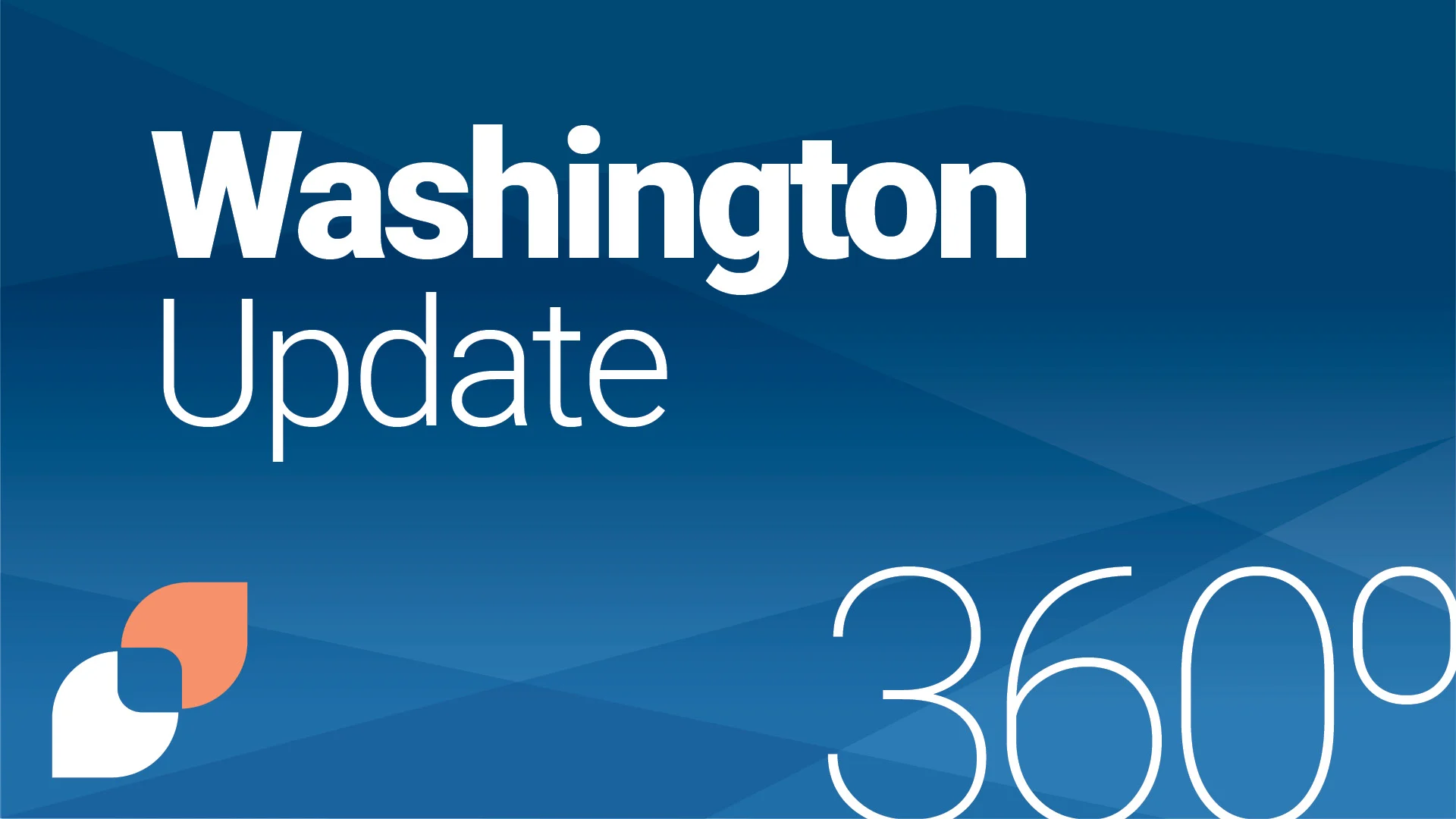Health Resources and Services Administration (HRSA) approved eight drugmakers’ 340B rebate plans under pilot program. Starting January 1, the 340B Rebate Model Pilot Program will run for one year and will replace upfront discounts on certain drugs with post-purchase rebates. Under the program, covered entities would need to submit a data report to the relevant drug manufacturer within 45 days of a drug being dispensed. The manufacturer would then need to ensure covered entities receive the necessary rebate payment within 10 days of the submission of the report. As a pilot, only the ten drugs selected by the Center for Medicare and Medicaid Services will be eligible for rebates. In this limited launch HRSA is aiming to test whether this rebate model improves transparency and program integrity, which may inform whether such a model might expand across more drugs in the future.
This program launches amid health system concerns of administrative burdens, payment reductions, the ambiguous nature of rebate approval (rebates are not guaranteed), and extended wait periods for payments. Systems have expressed concern over the redirection of funds, arguing that drug companies “win” at the expense of patient affordability and quality care. Notably, organizations serving high volumes of vulnerable or uninsured patients may be especially exposed to delays in rebate receipt or increased administrative burden, both of which may affect access and financial stability. Read more at Fierce Healthcare.
Wait and see. While many systems may not see any direct or immediate impacts due to noninvolvement with the pilot, this test could set a precedent for future health policy. Track its progress, as a successful pilot could expand to more drugs or become a template for broader reform.
Prepare internal structures for the future. This pilot highlights the need for transparency, data stewardship, and operational efficiency. Even outside the program, it’s an opportunity to modernize pharmacy operations, evaluate 340B governance, and align your drug-management strategy with evolving national trends.
Advocate for clarity and equity. Health systems should engage policy makers and trade associations to ensure their organizational and patient needs are met amidst the possibility of payment changes.
Integrate the change into broader value-based efforts. Given that rebate timing and drug-cost disclosures may affect revenue cycle and care-management budgets if the program were expanded, align 340B strategy with your larger value-based purchasing, population health and margin initiatives.
